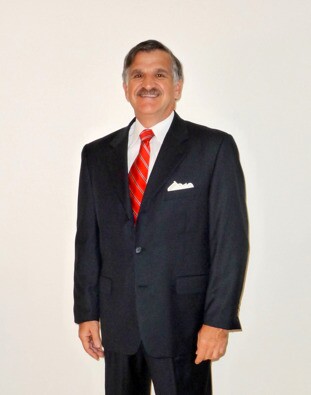
10 Ways Advisors Can Stand Out in the Crowd

Focus on professional groups.

Become a product expert.

Specialize in a niche area.

Target your market.

Get a professional designation.

Use the media.

Become a fix-it specialist.

Become an asset gatherer.

Teach a course on investing and investments.

Get involved in your community.






